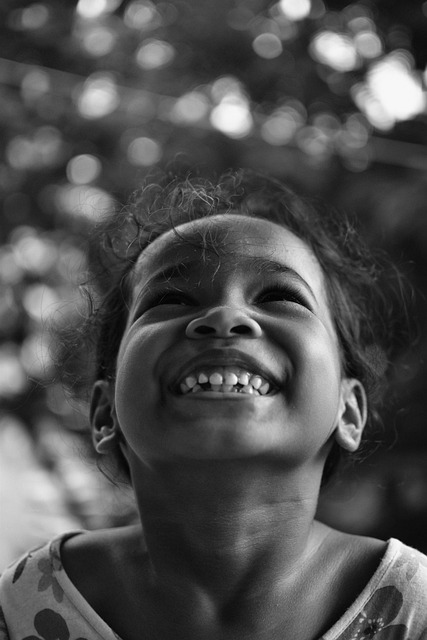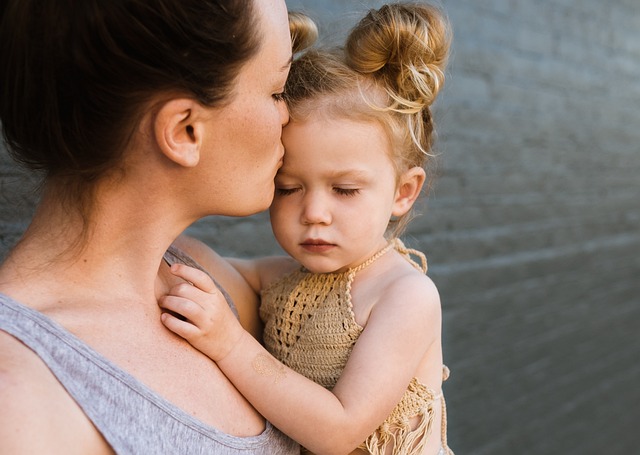Child welfare cases demand a delicate balance between protecting parental rights and ensuring child safety, especially in high-conflict scenarios. Implementing strong legal protections for parents' rights is vital to maintain fairness, due process, and trust. This involves adequate legal representation, transparent communication, robust record-keeping, and enabling parental participation in proceedings. These measures aim to preserve parental bonds while prioritizing children's well-being and security.
In the intricate realm of child welfare, ensuring fair treatment demands a delicate balance between safeguarding child safety and upholding parental rights. This article delves into the fundamental aspects of fair treatment in child welfare cases, exploring key considerations such as understanding the dynamics, prioritizing both parental rights and child interests, and implementing legal protections for due process. By examining these critical elements, we aim to illuminate strategies that promote just outcomes, ensuring every child and parent involved receives equitable parental rights protection.
- Understanding Child Welfare Cases: A Foundation for Fair Treatment
- Balancing Parental Rights and Child Safety Interests
- Implementing Protections: Ensuring Due Process in Legal Proceedings
Understanding Child Welfare Cases: A Foundation for Fair Treatment

Understanding Child Welfare Cases: A Foundation for Fair Treatment
Child welfare cases are complex legal scenarios that involve the well-being and future of minors, often requiring a delicate balance between protective measures and respect for parental rights. At the heart of these cases lies the principle of ensuring fair treatment, where every involved party has equal opportunities to present their case and protect their interests. This starts with a comprehensive understanding of the unique dynamics at play.
Child welfare proceedings are not merely about removing children from their families but rather assessing and addressing issues related to neglect, abuse, or other circumstances that may hinder a child’s growth and development. It is crucial to recognize that parental rights protection is an integral aspect of these cases, as it involves preserving the bond between parents and children while simultaneously promoting the child’s safety and overall welfare.
Balancing Parental Rights and Child Safety Interests

In child welfare cases, balancing parental rights protection with ensuring child safety is a delicate task. While parents have an innate right to raise their children, the well-being and security of minors must also be paramount. This balance is crucial as it involves weighing the interests of both parties, especially in high-conflict situations.
Court proceedings should aim to protect parental rights while establishing clear guidelines that prioritize child safety. A nuanced approach recognizes that parents are often best equipped to care for their children, but circumstances may arise where external intervention is necessary. Striking a balance requires a thorough assessment of each case, considering the unique dynamics and needs of both the family and the child involved.
Implementing Protections: Ensuring Due Process in Legal Proceedings

Implementing robust protections is paramount in child welfare cases to safeguard parental rights and ensure due process. This involves ensuring that legal proceedings adhere to strict guidelines, allowing parents to actively participate, challenge evidence, and present their case. By upholding these fundamental principles, the system promotes fairness and allows for the best possible outcome for both children and families.
Key measures include providing adequate legal representation for parents, establishing transparent communication channels, and maintaining a robust record-keeping system. These practices not only protect parental rights but also foster trust and collaboration between families and child welfare agencies, ultimately strengthening the overall integrity of the process.





